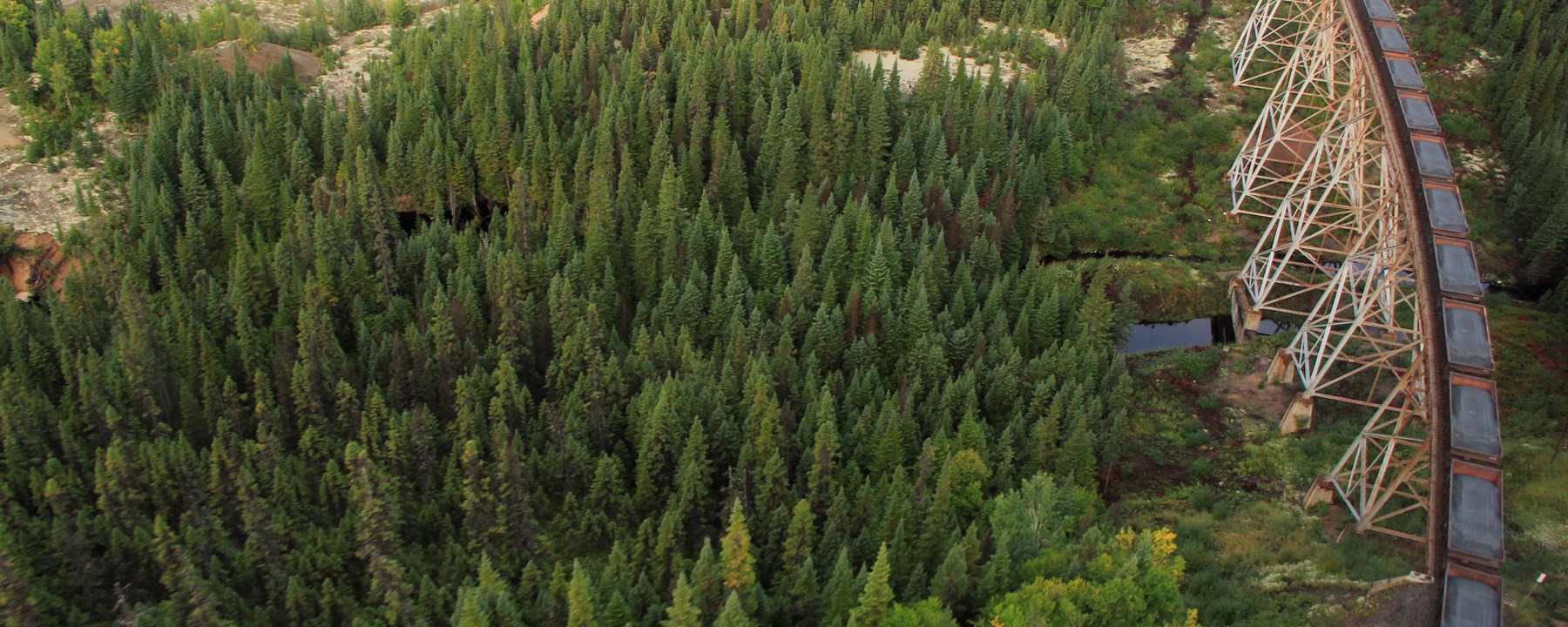
Circular economy
Reducing environmental impact is one of our priorities. We are aware of the importance of a responsible approach to production, taking into account the impact of industrial plants on the environment, which is why we work intensively on minimizing our impact on the quality of the environment.
Our ambitions
Our sustainable development ambitions include: rational management of available resources, also by limiting water consumption and efficient waste management. We are aware of how valuable water is for the environment, which is why we strive for maximum efficiency in its use in the closed-loop process. For years, we have been developing control and measuring equipment for water in internal circuits and modernizing wastewater treatment installations in our plants. Based on the WCM methodology, we plan to optimize the use of water resources and systematically monitor the development in this area. Our company has integrated permits which, based on national regulations, regulate the obligations related to the best available techniques in the area of water management.

Circular economy
The circular economy is a concept based on treating waste as raw materials that can be returned to the production process, reducing the impact of industry on the natural environment. Rational use of resources, taking into account the longest possible life cycle of waste materials, supports the minimization of raw material consumption and allows for significant savings. ArcelorMittal Poland has been operating in accordance with the idea of a circular economy for years, the best example of which is the extensive use of steel scrap as a secondary raw material used in the production process. In addition, we reuse scale and part of dust and sludge. Blast furnace and steelmaking slag is one of the basic wastes in metallurgy. Both materials are used in the construction industry. Steel slag is used primarily in road construction, which limits the amount of exploitation of rock mineral deposits for the production of aggregates. Blast furnace slag is processed on site in a granulation process, resulting in granulated slag, which is then used in the cement industry. Acting in accordance with the strategy of reducing the consumption of natural resources, ArcelorMittal Poland also uses waste gases and treated sewage in the production process. In the steelworks in Dąbrowa, we use purified and dehydrated blast furnace gas for re-combustion in installations in the area of blast furnaces. Excess gas is also supplied to the company's network or intended for external recipients. Similarly, the converter gas generated in the steelworks is recovered and reused for the energy needs of other installations.
On the other hand, industrial and precipitation wastewater from the steelworks is reused after being directed to the on-site treatment plant. In Zdzieszowice, we use treated industrial wastewater, which is mostly recycled to the cooling processes in coking installations. Such action allows for lower water intake from the Odra river for industrial purposes and reduces the amount of emitted sewage. Waste from industrial and municipal sewage treatment is recycled for further use. In addition, any waste generated in the chemical processing of coal is recycled to the coking process.